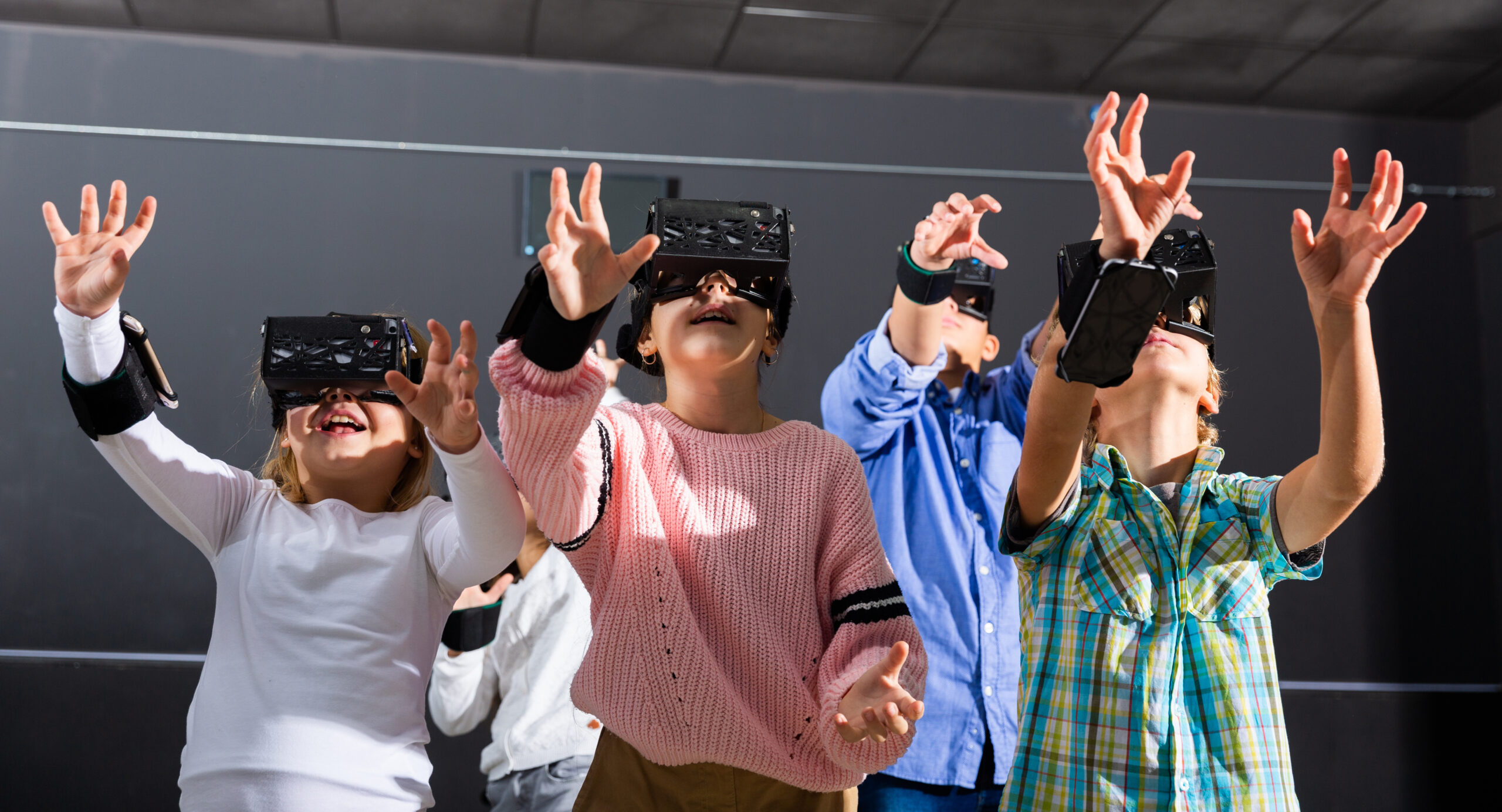If there’s anything that’s been made clear over the two years that have passed since we entered 2020, it’s this: young voices are demanding to be heard. In our age of rapid communication and ever-evolving technology, today’s youth are more proficient than ever at navigating the digital sphere — and through this, are setting the standard for how content is developed and delivered.
To many, this takes shape in the form of Gen Z — a cohort of individuals who are quickly and firmly leaving their mark on society. However, there’s a new generation that’s quietly climbing the ranks: Generation Alpha.
Generation Alpha — kids born after 2010 — are the youngest of the lot. They are the first generation to be fully born in the 21st century. Most of them have — or will have — millennial parents. More than 2.5 million are born around the world every week; by the time they have all been born (2025), they’ll be the largest generation in history. Many of them will live to see the 22nd century.
There are many other features that set Gen Alpha apart. Many will experience a family life that is becoming more common by the day — growing up in living arrangements that don’t include both of their biological parents, for example.
This generation will also be more diverse than ever: according to demographer and professor at Florida State University Elwood Carlson, a high share of today’s children in the US have foreign-born parents or are foreign-born themselves. What’s more, being born to older, more culturally-diverse parents means that they may move more frequently, see their dependents switch careers more often, and “increasingly live in urban, not just suburban, environments”.
Their most defining characteristic, however, is that many — if not all — of them are growing up digitally at higher numbers than even that of the “dot com kids”, Gen Z. From the moment they learn to interact with the world around them, parents of Gen Alpha are distracting — and educating — them with screens. As such, they’re likely to emerge as the most technologically literate generation on the planet.
What does this mean for brands?
The nature of Gen Alpha’s upbringing means that they’ll far surpass the rest of the world in adjusting to constant technological developments. In fact, head of community at HoneyBook Natalie Franke believes that technology will not be “something separate from themselves, but rather, an extension of their own consciousness and identity”.
Naturally, the constant global exposure that stems from social media, entertainment and other online avenues translates to a generation that treats diversity and inclusion not only as a strength, but as an expectation. Global communications agency Hotwire found that this is creating emerging social activists: in the US, they place a high importance on topics such as “keeping children safe at school” and making sure “all people are treated fairly no matter what they look like”.
Diversity, then, is a critical feature in the future of brand marketing. This isn’t just limited to inclusive work environments or creating products for all demographics — Gen Alpha prefers diversity in the range of products presented to them, as well. This could be as simple as providing a wider range of ice-cream flavours — something Hotwire found in their study of Gen Alpha, as well.
More than that, Gen Alpha are more likely to take initiative than ever — making them less susceptible to outside influence. In fact, they have demonstrated the willingness to create and adopt social identities based on their own individual feelings. Many refuse to take information at face value — a far cry from the current landscape of social media influencers and the practice of utilising trends in content production.
For brands, then, it’s important to leverage the tools — and qualities — that Gen Alpha value most if you want to stay relevant to this ever-growing group of individuals. In many ways, the current mode of producing, creating and marketing content will need to undergo a radical change and rebrand in a way that is authentic, inclusive, and original.
Want to stay on top of the latest shifts in brand marketing? Get in touch with Hybrid today!




